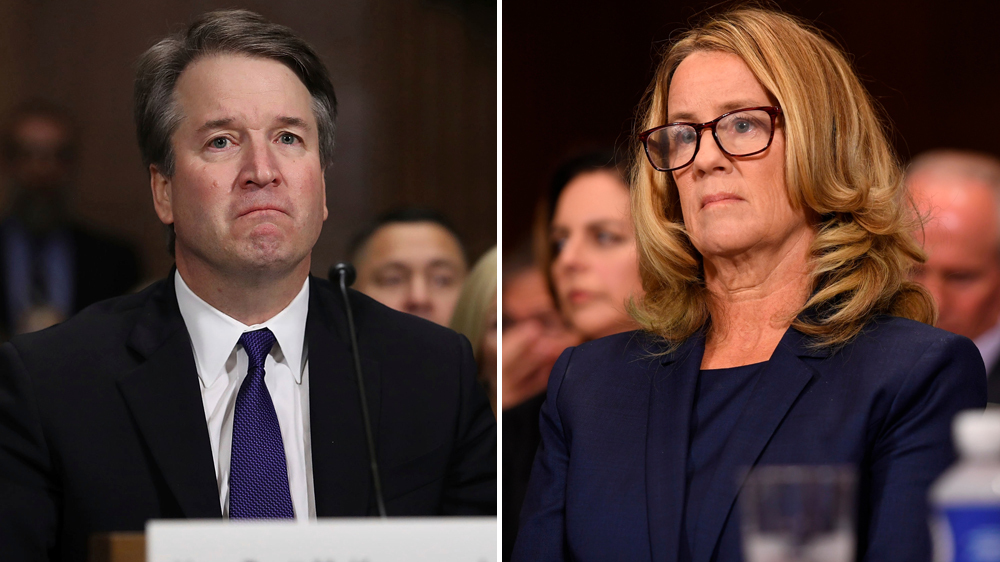By Anonymous
Since last year, Ecolint has been organising celebrations in order to honour holidays and events belonging to the cultures of its students who all come from diverse backgrounds.
This show of multiculturalism is a way to make the students who take part in these festivities feelmore included, and also in order to make the other students more aware of other cultures so that they can strengthen their understanding of the world around them.
Suggestions on which holidays to celebrate are put forward by a member of the school’s Senior Leadership Team, who then takes charge of the event and invites teachers, parents, and students to partake by setting up stands representing different cultural aspects of the occasion.
For example, when Diwali was celebrated, there was a stand for rangoli, the traditional Indian decoration of fabrics and stonework, another for henna, the decoration of hands and feet in symmetrical patterns, and several dances.
The idea is to represent and honour celebrations from across the globe so that all the students feel included and can benefit from a wide range of intercultural experiences. However, due to a desire to keep these events from being too Eurocentric, certain holidays like Christmas were left out of these festivities this year.
In my opinion, excluding an international event celebrated by not only the Christian population of Ecolint, but also the other students because it is not diverse enough, defeats the whole idea of multiculturalism which our school stands for. We should not favour certain cultures over others because they appear less attractive or exciting. Every culture should be equally represented and that includes every religion. If we celebrate Hindu, Jain, Buddhist, Sikh and Jewish festivals but refuse to honour Christian ones because they are too well known and not interesting enough, is this not the very act of discrimination?
Christmas is an international holiday celebrated throughout the world that honours the birth of Christ and is second only to Easter in the Christian calendar. For such an occasion to go unmarked is disturbing, and though I do not know whether Easter will be celebrated, I have been assured that Christmas will be included in next year’s cultural events.
This is not the first time Ecolint has chosen to ignore a major European event, despite its importance.
When her Majesty Queen Elizabeth II who had served her country from the Second World War all the way to her death passed away in September, the subject was not even broached by the teachers at the beginning of class the following day, let alone mentioned in the next assembly despite the fact that Ecolint has a large British community.
However, I have been told by a prior student that when Nelson Mandela, the famous South African president who fought for equal rights passed away in 2013, the flag was put at half-mast in his honour.
In short, I think that the celebration of a plethora of festivities in order to represent our diverse community and to broaden our understanding is a wonderful idea in theory, although a little problematic in practice. Might I also remind you that if we wish to put forward Christian holidays we must also participate and present our ideas to the administration who I am sure would be more than happy to help.
It should be noted that the next event on the agenda is Eid al-Fitr or the Festival of Sweets which is an important Muslim holiday which marks the end of the Ramadan, the annual month of fasting that this year is celebrated at the end of April.



